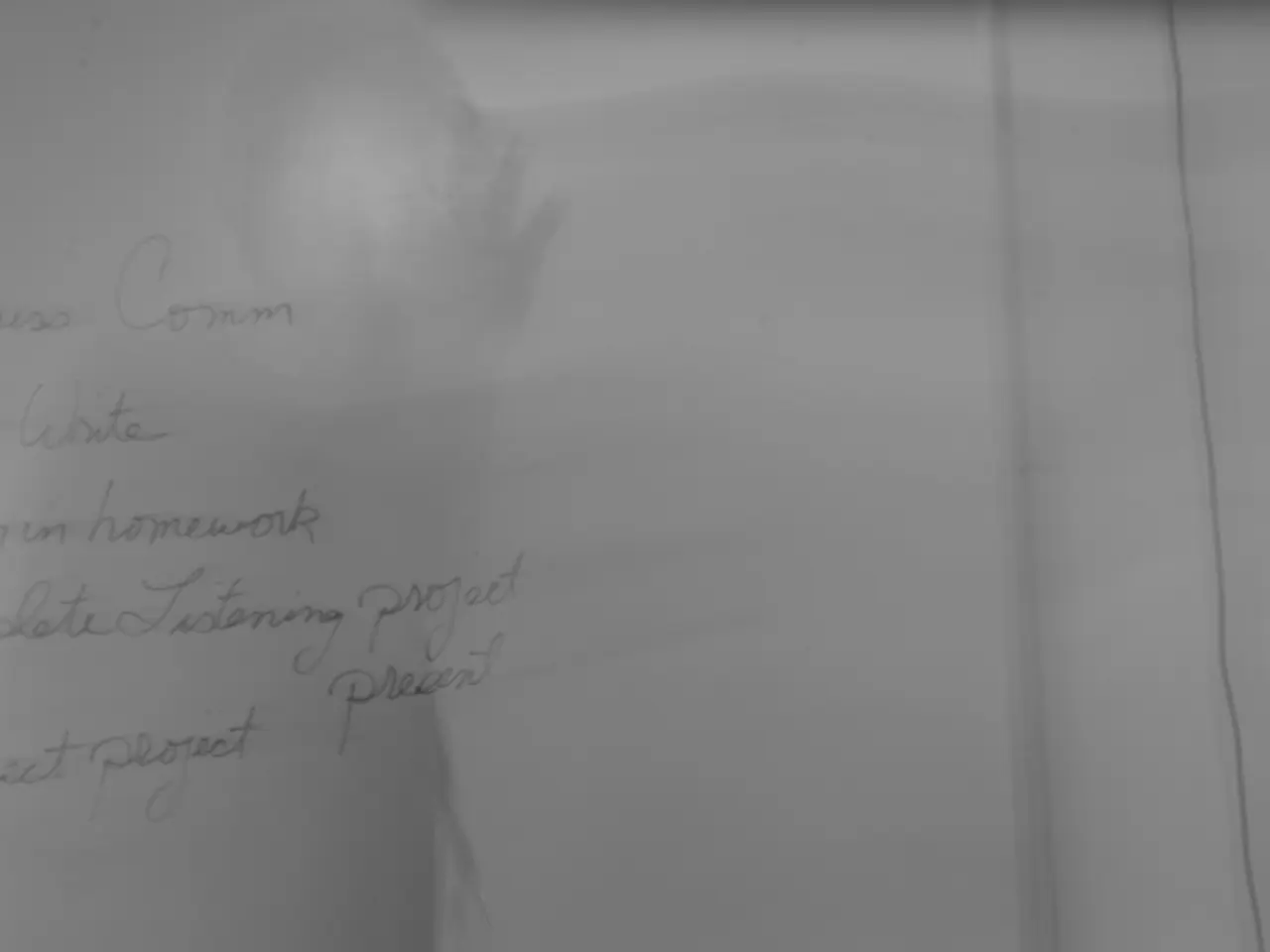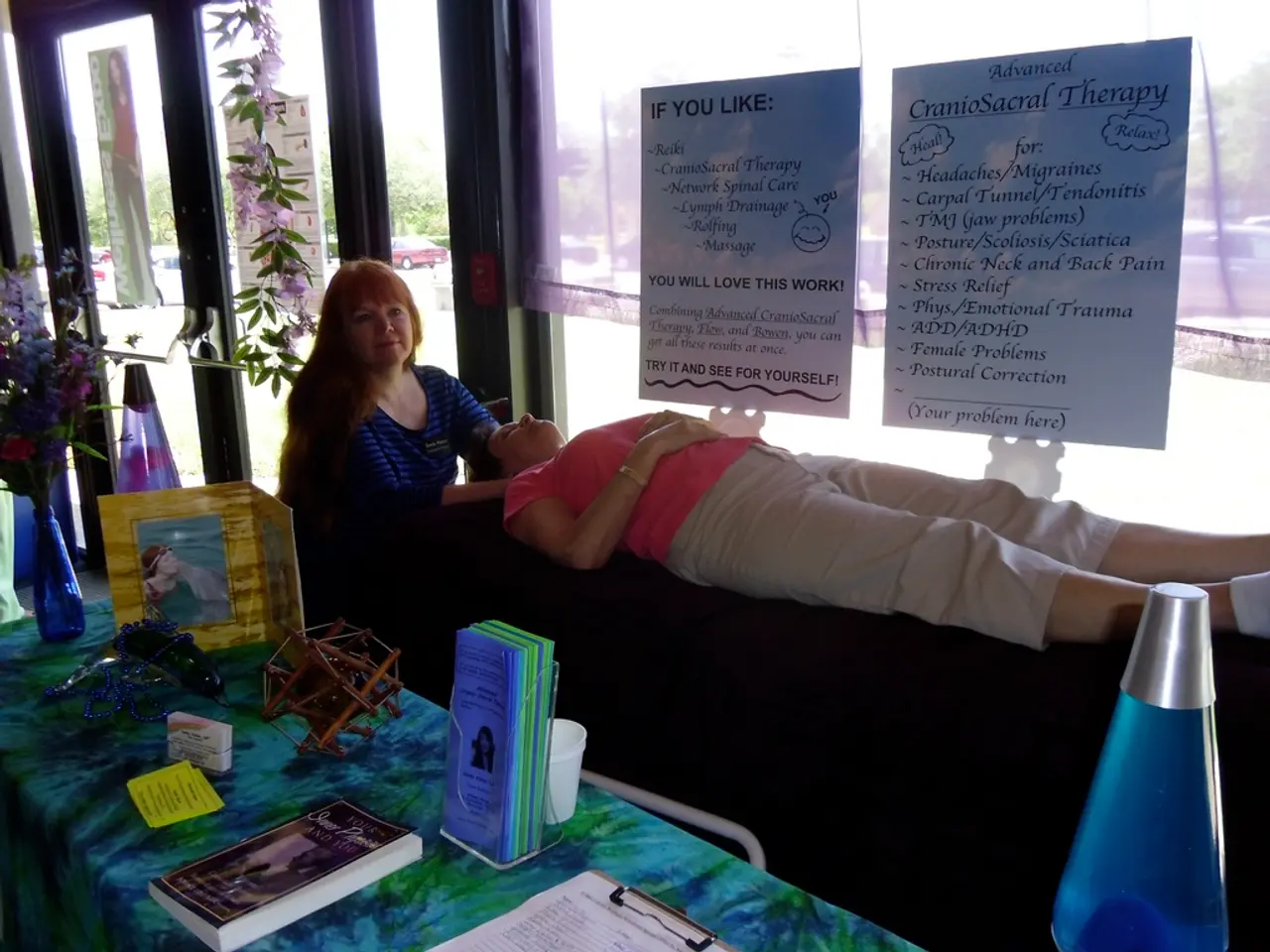The Role of Hindsight Bias in Human Species Survival Analysis
Hindsight bias, often referred to as the "knew-it-all-along" effect, is a pervasive cognitive bias that distorts our perception of past events, making them seem more predictable than they actually were. This tendency can have far-reaching implications for human survival and decision-making across various domains.
In financial decisions, hindsight bias can lead investors and regulators to overestimate their ability to predict market events. This overconfidence can contribute to repetitive speculative bubbles and fraud, such as Ponzi schemes and meme-coin manias, because they underestimate risk based on hindsight illusions. In health choices, this bias may cause individuals or professionals to wrongly assess past treatment outcomes, reducing the learning needed to improve future decisions.
Within legal contexts, hindsight bias can skew judicial judgments, unfairly favoring plaintiffs or defendants by imposing after-the-fact clarity that was not accessible at the decision time. In deceptive practices, hindsight bias may obscure the understanding of how deception occurred, impairing accountability and enabling repeated fraud.
Public health risks are another area where hindsight bias can have detrimental effects. Misjudging risks due to hindsight bias can lead communities to overlook preventive measures or fail to learn from past health crises. In economic terms, hindsight bias undermines stability by fostering overconfidence in predicting crises or recoveries, impeding prudent risk management.
Culturally, hindsight bias can impede progress by enforcing rigid narratives of "we knew it all along," which stifles innovation and openness to new paradigms. It discourages re-examining assumptions or acknowledging uncertainty, hindering social progress by reinforcing stereotypes and biases.
To combat hindsight bias, encouraging critical reflection and raising awareness of cognitive biases can empower individuals to recognize when their judgments may be influenced. Documenting predictions and decisions made before outcomes occur can help individuals recognize their actual reasoning and reduce the influence of hindsight bias.
In conclusion, hindsight bias impairs adaptive learning and realistic risk appraisal, undermining human survival both individually and societally by perpetuating faulty beliefs, poor risk assessments, and unjust judgments across these critical domains. Understanding and addressing hindsight bias can enhance decision-making capabilities and improve outcomes in areas affecting human survival.
Science and academia can be affected by hindsight bias, leading researchers to overestimate their ability to predict certain scientific outcomes. This can hinder the advancement of knowledge and the development of new theories.
In politics, hindsight bias can influence historical interpretations of political events, distorting the narrative and shaping public opinion in a way that may not accurately reflect the complexities of those events.
The realm of general news and current affairs is not immune to hindsight bias either. It can lead journalists and news consumers to overemphasize the obvious signs of upcoming events, while underplaying the actual analytical work and uncertainty involved in predicting them.




